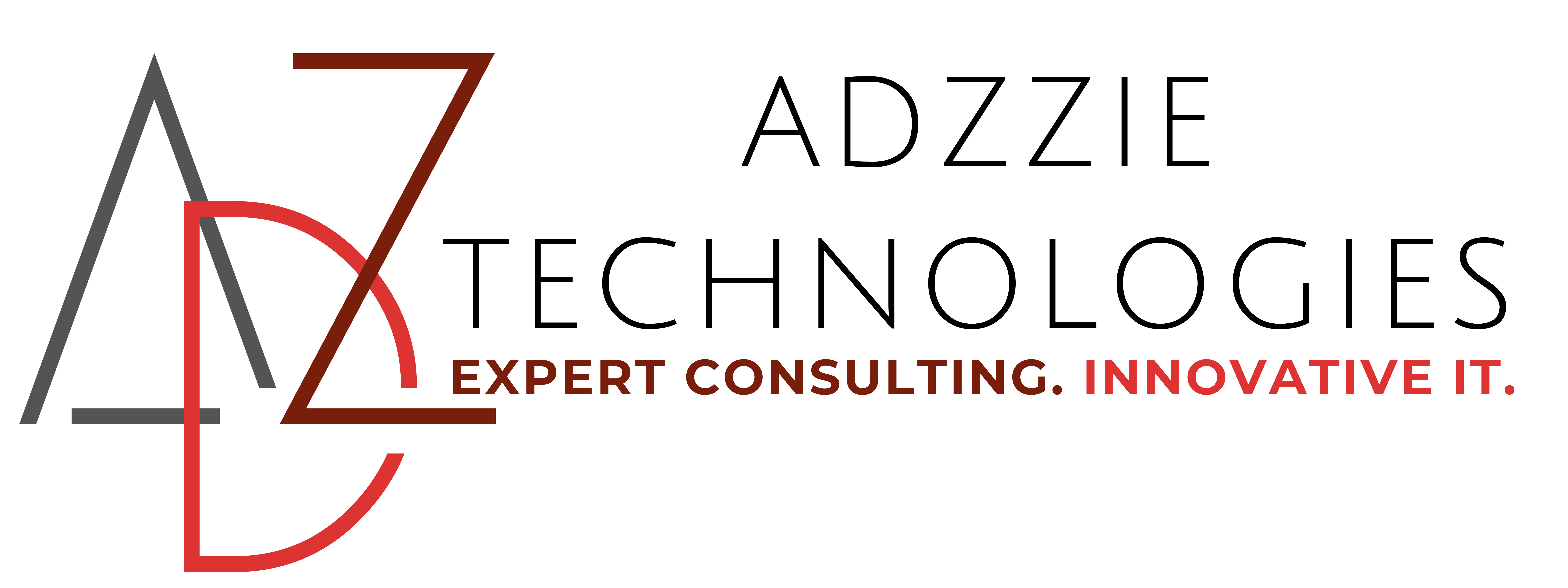In the competitive markets of real estate and automobile sales, establishing a strong local presence is crucial. Leveraging the power of Google Business and a custom-developed website can significantly enhance your visibility and attract potential clients. Here’s a comprehensive guide on how to efficiently use these tools to promote your business locally.
1. Setting Up and Optimizing Google Business Profile
a. Create and Verify Your Profile
- Sign Up: If you don’t already have one, create a Google Business account.
- Enter Details: Provide accurate business information, including your business name, address, phone number, and website URL.
- Verification: Google will send a postcard with a verification code to your business address. Enter the code in your Google Business account to verify.
b. Optimize Your Profile
- Business Information: Ensure your business information is complete and up-to-date. This includes operating hours, special hours, and holiday hours.
- Categories: Select the most relevant categories for your business. For example, “Real Estate Agency” or “Car Dealer”.
- Photos and Videos: Upload high-quality images and videos of your listings, office, and team. Visual content attracts more attention and helps build trust.
- Posts and Updates: Regularly update your profile with posts about new listings, promotions, or events. Use the “What’s New,” “Events,” and “Offers” post types to keep your audience engaged.
c. Engage with Customers
- Reviews: Encourage satisfied clients to leave positive reviews. Respond promptly and professionally to all reviews, addressing any concerns or thanking customers for positive feedback.
- Questions and Answers: Monitor and respond to questions from potential clients. Providing timely and accurate answers can influence their decision-making.
2. Developing a Custom Website
a. User-Friendly Design
- Responsive Design: Ensure your website is mobile-friendly. A significant portion of local searches is done on mobile devices.
- Intuitive Navigation: Create a clear and easy-to-navigate website structure. Potential clients should be able to find information about your services, listings, and contact details quickly.
b. Showcase Your Listings
- High-Quality Content: Use high-resolution images, virtual tours, and detailed descriptions for each listing.
- Search Functionality: Implement a robust search feature that allows users to filter listings by various criteria (e.g., price, location, property type, or car model).
- Regular Updates: Keep your listings up-to-date to avoid potential clients encountering outdated or unavailable options.
c. Integrate with Google Business
- Contact Information: Ensure your contact information is consistent across your website and Google Business profile.
- Embedded Maps: Embed Google Maps on your website to help users locate your business easily.
- Google Reviews: Display your Google reviews on your website to build credibility and trust.
3. Leveraging SEO and Local SEO
a. On-Page SEO
- Keywords: Use relevant keywords throughout your website content, including titles, meta descriptions, headers, and body text. Focus on local keywords such as “real estate agent in [Your City]” or “car dealership in [Your City].”
- Content Quality: Regularly publish high-quality blog posts or articles related to your industry. This can include market trends, buying guides, or maintenance tips.
- Meta Tags: Optimize meta titles and descriptions for each page to improve search engine visibility.
b. Local SEO
- Local Listings: Ensure your business is listed in local directories and real estate or automobile listings websites.
- Backlinks: Obtain backlinks from local businesses, organizations, or industry-related websites. This can improve your website’s authority and search rankings.
- Google My Business Integration: Regularly update your Google Business profile and link it to your website. Positive reviews and high engagement on your Google Business profile can boost your local SEO.
4. Utilizing Online Advertising
a. Google Ads
- Local Campaigns: Run localized Google Ads campaigns targeting keywords relevant to your business.
- Ad Extensions: Use ad extensions to provide additional information, such as your location, phone number, and links to specific pages on your website.
b. Social Media Advertising
- Targeted Ads: Use platforms like Facebook and Instagram to run targeted ads based on demographics, interests, and location.
- Engaging Content: Share engaging content, such as photos, videos, and testimonials, to attract and retain followers.
5. Analyzing and Adjusting Your Strategy
a. Track Performance
- Google Analytics: Use Google Analytics to track website traffic, user behavior, and conversion rates.
- Google My Business Insights: Monitor your Google Business profile’s performance, including search queries, views, and actions taken by users.
b. Adjust Strategies
- Identify Trends: Analyze the data to identify trends and areas for improvement.
- Refine Tactics: Adjust your strategies based on performance data to ensure continuous improvement and better results.
By effectively utilizing Google Business and a custom-developed website, real estate and automobile dealers can significantly enhance their local presence, attract more clients, and grow their businesses. Consistent optimization, engagement, and analysis are key to maintaining a strong and competitive local market position.
Our Turnkey solution for real estate and automobile dealers.
Get your website up and running in a week.
